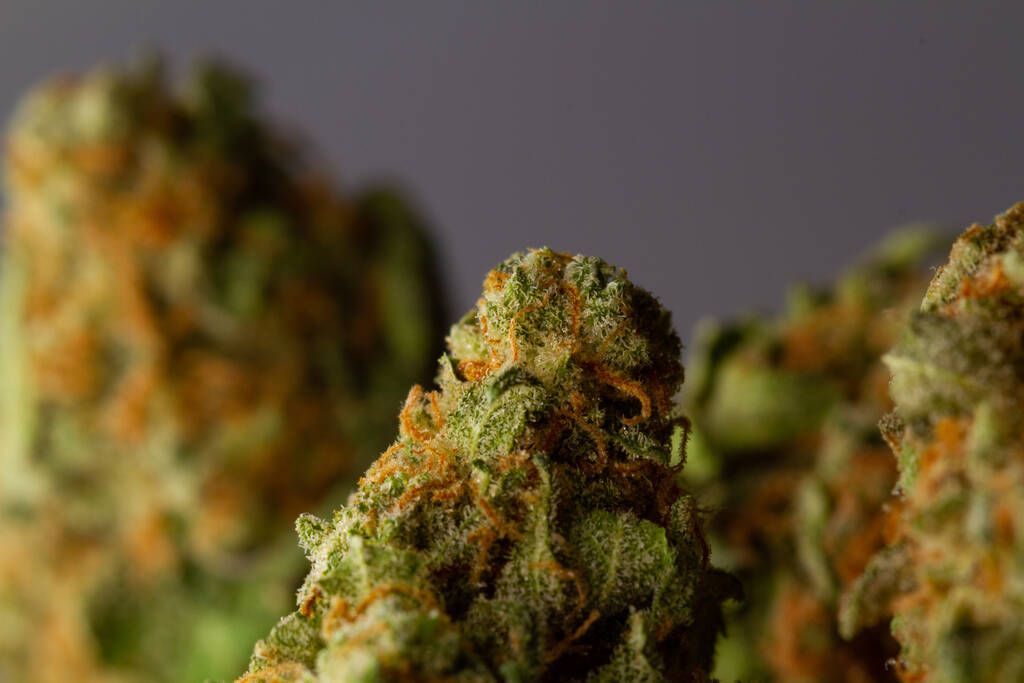The November 5, 2024 election is just weeks away, and it’s shaping up to be a pivotal moment for marijuana law reform across the U.S.

With the election fast approaching, several states are preparing to weigh in on initiatives that could drastically change their marijuana laws. Below is a breakdown of these states, with a look at the initiatives being considered.
Arkansas
The Arkansas Medical Cannabis Amendment of 2024, put forth by Arkansans for Patient Access (APA), would legalize the personal cultivation of marijuana for patients. Additionally, the proposal would remove the state’s restrictions on certain smokeable products, including pre-rolls, it would allow the use of telemedicine for medical marijuana consultations, and it would allow physician assistants, nurse practitioners, and pharmacists to recommend medical marijuana.
In addition, the measure would:
- Extend legal protections for out-of-state medical marijuana patients.
- Increase the validity of medical marijuana cards from one year to three years.
- Allow medical marijuana for any condition a qualified professional deems appropriate.
- Introduces the potential legalization of recreational marijuana, allowing possession of up to one ounce, dependent on federal descheduling.
Florida
Amendment 3 would allow those 21 and older to legally purchase and possess up to three ounces of cannabis, and up to five-grams of marijuana concentrates. Polling has consistently shown support for the measure to be above the 60% threshold required for the initiative to be enacted (the higher threshold is required due to the proposal being a constitutional amendment), and Smart & Safe Florida, the group behind Amendment 3, has raised over $100 million, drastically more than any previous statewide marijuana legalization campaign.
Nebraska
In Nebraska, voters will weigh in on two medical marijuana measures this November. The Nebraska Medical Cannabis Patient Protection Act seeks to provide legal safeguards for patients and healthcare providers who recommend medical marijuana. The Nebraska Medical Cannabis Regulation initiative would legalize the use, possession, and licensed distribution of marijuana and marijuana products for qualified patients who have a written recommendation from a healthcare practitioner. The measure would establish the Nebraska Medical Cannabis Commission to oversee the registration and regulation of individuals involved in the possession, manufacture, distribution, delivery, and dispensing of medical cannabis.
According to a report released last week, legalizing and regulating medical cannabis in Nebraska will generate over $925 million in new economic activity for local communities.
Polling conducted earlier this year by Data Targeting Inc., commissioned by the Neilan Strategy Group, found that 70% of voters in the state support legalizing medical marijuana.
If the initiatives are passed into law, Nebraska would become the 39th state to legalize medical marijuana.
North Dakota
North Dakota’s Measure 5 will ask voters whether to legalize recreational marijuana for adults 21 and older. The proposal includes allowances for up to one ounce of marijuana, four grams of concentrate, and 300 milligrams of cannabis edibles. It also outlines the creation of a regulated market, with a set number of retail and cultivation licenses available.
Polling released earlier this month found that 45% of voters in the state support Measure 5, with 40% opposed and 15% undecided.
Oregon
Oregon voters will consider Measure 119 this election. Lnown as the United for Cannabis Workers Act, the measure was proposed by United Food and Commercial Workers (UFCW) Local 555. The initiative would ensure cannabis workers’ rights to organize and bargain collectively under state law. While union membership would not be mandatory, employees would have the legal right to join one if they wish.
South Dakota
For the third time, South Dakota voters will consider the legalization of recreational marijuana under Measure 29. This initiative, similar to prior proposals, would allow adults 21 and older to possess up to two ounces of marijuana and grow up to 12 plants for personal use. The measure also includes provisions for a regulated licensing system for marijuana businesses.
A recent poll by the South Dakota Polling Project shows 45% of voters are in favor of the measure, with 42% opposed.






